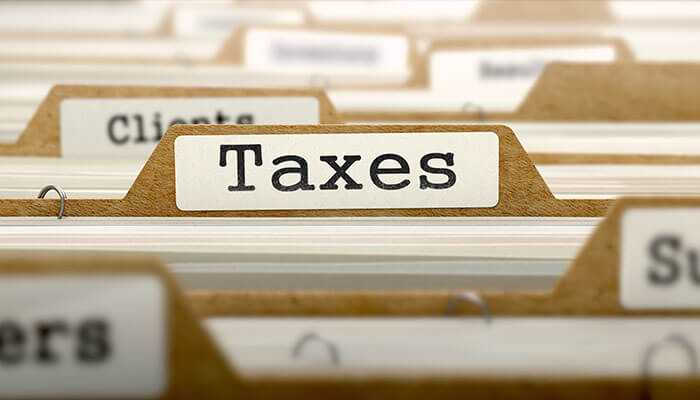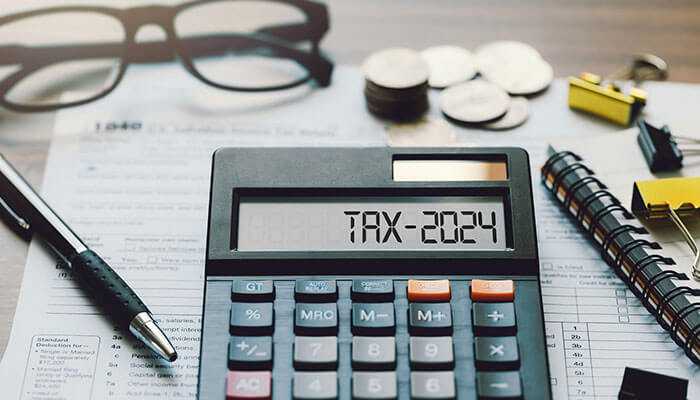Tackling tax preparation as a freelancer or gig worker often feels overwhelming, doesn’t it? Unlike the traditional nine-to-five crowd, you’re juggling your income, outgoings, and, yes, those pesky tax duties. Whether you’re a gig economy newbie or a seasoned freelance pro, getting a grip on your tax duties is key to keeping more of what you earn and staying on the right side of the IRS.
Diving into self-employment, you’ll quickly see that tax time is a mixed bag. But it doesn’t have to be a headache. With some savvy strategies, you can turn this annual chore into a smooth, maybe even satisfying, part of your financial life.
Ready to get started? This guide will lead you from sorting your paperwork to spotting those tax breaks, ensuring you’re all set for tax season.
Understanding your tax responsibilities as a freelancer
So first things first. A critical step in personal tax preparation is understanding your freelance tax duties. When you’re doing the freelance or gig thing, the IRS labels you as self-employed. Instead of a W-2, which is for full-time employees, you’ll be dealing with a 1099 form. Figuring out these forms is a bit of a juggle, but it’s super important for nailing your income report.
According to tax regulations, if you’re a freelancer with net earnings of $400 or more, it’s mandatory to allocate 15.3% of these earnings for self-employment tax, in addition to saving a sufficient amount to cover your income tax obligations.
Then there’s self-employment tax. This one covers your Social Security and Medicare bits. In a regular job, this is equivalent to the taxes stipulated under the Federal Insurance Contributions Act (FICA). They are normally split with your employer. But in the freelance world, you’re shouldering the whole load. But here’s the kicker—you can deduct half of this expense on your tax return. It’s all about keeping your records spot-on and understanding how freelance taxes work.
Tackling quarterly tax payments
Most freelancers need to make estimated tax payments every quarter. It’s a different game from the once-a-year tax filing most employees are used to. These estimated taxes are based on your expected earnings and the tax you’ll owe.
Not keeping up with, or shortchanging, these payments can lead to penalties. So it’s critical to get these numbers right. The IRS Form 1040-ES is your buddy for estimating your taxes and determining what you should pay each quarter.
Staying on top of these payments means getting your head around your cash flow. Regularly check in on what you’re making and spending to make sure you’re saving enough for your tax bills. This kind of money mindfulness can save you from last-minute scrambles and penalties when those tax deadlines hit.
Making the most of deductions and credits
Ah, deductions. They’re like a freelancer’s best buddy during tax season. Getting the lowdown on what you can deduct is crucial for making your tax situation work in your favor. Typical self-employment deductions include your home office, supplies, gear, and even learning materials related to your business.
But it’s not all about deductions. You’ve got tax credits waiting to be claimed too. These can knock down your tax bill directly. Say you’re paying for your own health insurance; you might be in line for the self-employed health insurance deduction. Keeping your eyes peeled for these opportunities can seriously ease your tax burden.
Keep in mind that tax laws are always on the move. What you could deduct last year might not apply this year. So it’s a good idea to stay in the know with the latest tax rules or consult a tax pro. This way, you won’t miss out on any chances to save some bucks.
Streamlining your financial records
Solid record-keeping? That’s your secret weapon for a smooth tax season. Getting your documents in order not only simplifies filing your taxes but can also mean more cash in your pocket. You need to stay on top of all your earnings and spending all year long. This includes invoices, receipts, bank statements, and all the nuts and bolts of your freelance hustle.
A pro tip? Keep your personal and business money separate. Opening a separate bank account for your business dealings is a smart move. It helps you track your business spending and income like a boss, making things crystal clear when tax season rolls around.
The more organized you are, the easier it is to spot those sweet deductible expenses. These deductions can really slash your taxable income, so being meticulous with your records can make a real dent in your tax bill. From splurging on new gadgets to those business trips, make sure you’re keeping tabs on every expense.
Choosing the right tax software or professional help
Picking between DIY tax software and professional help can be a head-scratcher with all the choices out there. Tax software is a wallet-friendly option for many freelancers, but sometimes, your tax scene might need an expert’s touch.
When scouting for tax software, keep an eye out for versions that are tailor-made for freelancers or self-employed folks. These usually come packed with features just for gig workers, like help with sorting your income and finding deductions.
But if your tax situation has a few more twists and turns—think multiple income streams, big investments, or major changes in your business—getting some pro advice could be a game-changer. They can give you custom tips, make sure you’re grabbing every deduction and credit, and even help plan your tax future.
Final words
For you, the freelancer or gig worker, getting a handle on tax prep is a huge part of making your earnings work harder for you. This becomes even more crucial when considering recent findings in a 2023 study showing that 37% of individuals in similar positions, including small business owners and those in the gig economy, struggle with understanding tax matters.
This points to a significant gap in tax literacy, emphasizing the need for you to stay informed and proactive about your tax responsibilities. By wrapping your head around your tax duties, keeping your finances tidy, maximizing those deductions, and planning ahead, you can make tax time a breeze. Remember, managing your taxes well is an ongoing thing, but take it seriously, and you’ll not only stay in good standing but also make the most of what you’ve earned.




